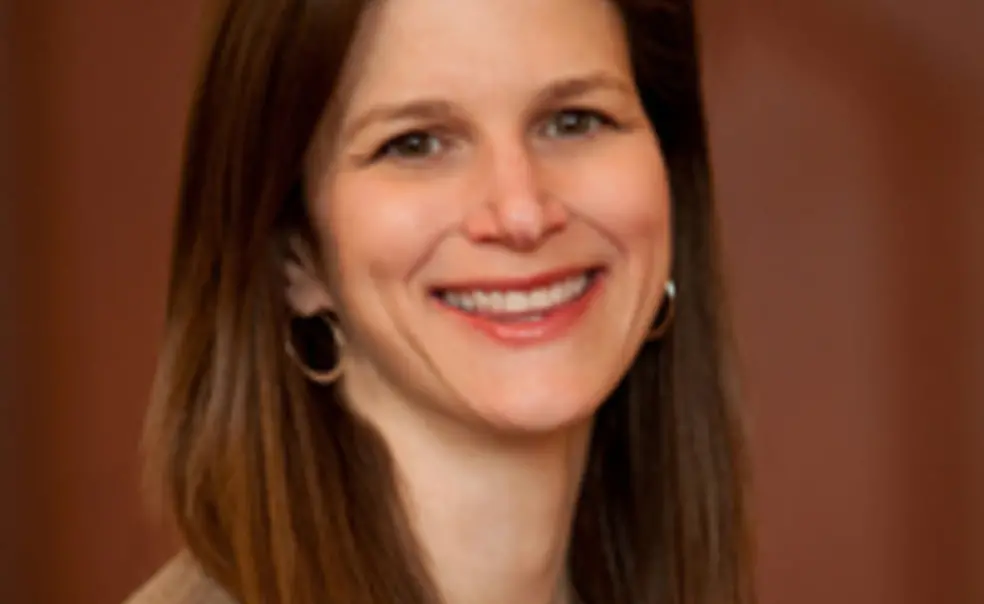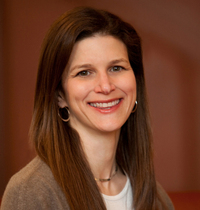Perlow '89 shows workers how to disconnect
Leslie Perlow ’89 (Photo: Evgenia Eliseeva/Courtesy Harvard Business Review Press)
New book: Sleeping With Your Smartphone: How to Break the 24/7 Habit and Change the Way You Work, by Leslie Perlow ’89 (Harvard Business Review Press)
The author: A professor of leadership at the Harvard Business School, Perlow aims to look at ways that organizations can change their work practices to improve productivity and the well-being of employees. She has written two other books: Finding Time: How Corporations, Individuals and Families Can Benefit from New Work Practices and When You Say Yes But Mean No: How Silencing Conflict Wrecks Relationships and Companies … and What You Can Do About It.
The book: Perlow argues that workers can disconnect from being on 24/7 — get a break from work responsibilities and checking their electronic devices — and, as a result, work more efficiently and achieve a better work-life balance. The key, she says, is that individuals can’t disconnect alone — they must do it with their teams. Perlow examines an experiment at the Boston Consulting Group in which teams of employees set aside “predictable time off” each week and discussed their progress toward that goal. The second part of the book provides a guide for other organizations to do the same thing.
Opening lines: “Go to a Little League game, and you’ll see parents watching their kids on the field. Or are they? Their eyes wander back and forth between the game and their smartphones.
“That young couple across the restaurant out for a dinner date — one is checking e-mail, the other is wondering, ‘Are you having dinner with me or your work?’
“That person on a quiet beach in the Caribbean, click-clacking away on a laptop — is this really a vacation?
“We are all too familiar with the challenges of the ‘always-connected’ age of the smartphone, iPad, Netbook, laptop — or the next big thing that will enable us to be on the golf course, on the beach, on the couch or even in bed, and still be working.”
Review: Perlow’s approach at the Boston Consulting Group, wrote Forbes.com, “took hold. Consultants discovered that they liked a little time off. They felt better about their jobs. They were less likely to quit. Most strikingly, they and their bosses rated their work more highly. Something about these pauses was making consulting more efficient, more team-oriented or maybe even more creative. … The genius of Perlow’s program is that it lets workaholics reclaim time for their personal lives without sacrificing on-the-job effectiveness.”
Read more: PAW’s Nov. 19, 2003 story on Perlow.














No responses yet